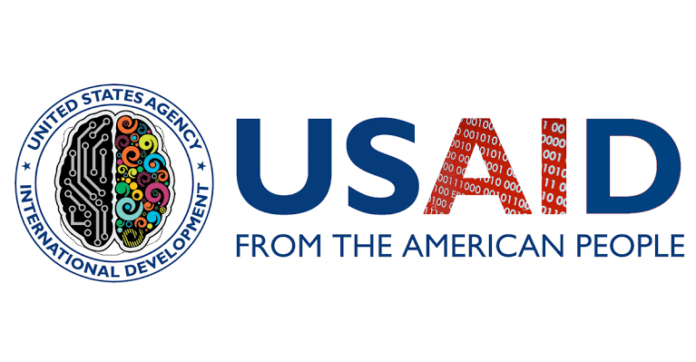United States Agency International Development, USAID, has handed over Water and Sanitation, WASH, projects worth $3.5 million to Jigawa and Kano State governments.
Chief of Party on Water Improvement and Sanitation Enhancement, WISE, project, Mr Simeon Nyiakaa, announced this at the hand over of the ceremony at Manpower Development Institute Dutse, the Jigawa State capital.
He said: “The three years project commenced on August 1, 2021 with the aim of reducing the occurrence of waterborne diseases among targeted population, especially children, women and the elderly in underserved and rural communities in the two states.”
He said the projects targeted 66,000 residents to have access to basic water and 123,000 persons to basic sanitation with 55 improved water supply system and 50 improved sanitation facilities in public institutions including schools and primary healthcare centres in the two states.
“Here in Jigawa, the programme had achieved milestones in 32 communities, that is 17 communities in Kaugama and 15 in Miga where the project (WISE) trained 62 water caretakers and local area mechanics, 102 Water, Sanitation and Hygiene Committees, WASHCOMs, and 102 artisans in each of our targeted communities,” he added.
Nyiakaa noted that the efforts were aimed at driving WASH service delivery and management, ensuring that the ownership and sustainability of installed WASH facilities remain strong.
“WISE has successfully installed and sustained the operation of 55 improved water facilities in rural communities in Kaugama and Miga including 14 in schools and three healthcare facilities,” he added.
He maintained that the facilities are providing potable water to over 42,000 rural residents at 20 liters per person per day, which surpassed the initial target of 33,000 beneficiaries, ensuring that more people have access to safe and sustainable drinking water in the state.
He added that WISE installed 18 improved and gender-responsive sanitation facilities in 14 public schools and four healthcare facilities within 32 rural communities. It also supported over 6,000 households, approximately 60,000 individuals in constructing and using their own safely managed latrines.
“The initiatives have significantly reduced open defecation with 28 of the 32 project communities certified as Open Defecation Free by Jigawa State and National Sanitation Task Groups,” he emphasised.
Yobe Commissioner of Water Resources, Mallam Ibrahim Garba promised that the state government would provide the political will and commitment to support all interventions even after the project duration.





